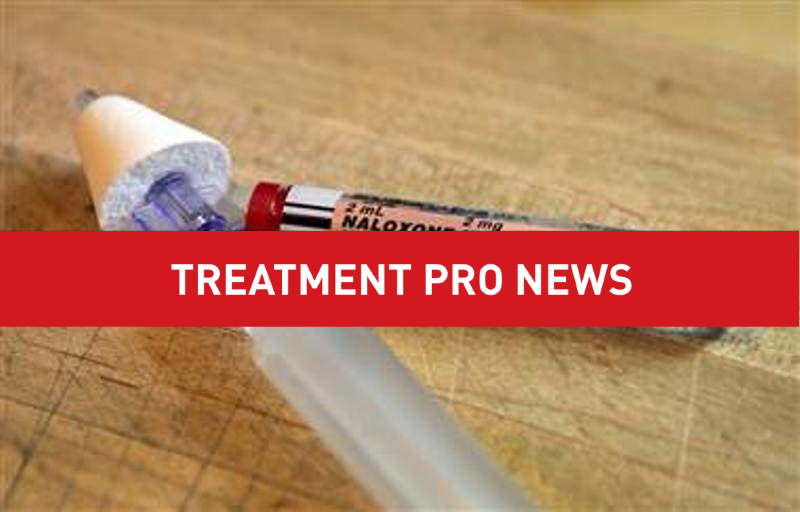
In a surprisingly fast approval, the U.S. Food and Drug Administration announced it has approved Narcan nasal spray.
As the first FDA-approved nasal spray version of naloxone hydrochloride, the life-saving medication can stop or reverse the effects of an opioid overdose. The approval is part of the government’s overall strategy to address the opioid abuse epidemic that is hitting the country.
Driven largely by prescription drugs, overdose deaths are now the leading cause of injury death in the United States, surpassing motor vehicle crashes. In response, the FDA granted fast-track designation and priority review for Narcan nasal spray. Fast track is a process designed to expedite the review process of drugs intended to treat serious conditions, like Narcan. The nasal spray was approved in less than four months, well ahead of the original target date of January 2016.
“Combating the opioid abuse epidemic is a top priority for the FDA,” said Stephen Ostroff, M.D., acting commissioner, Food and Drug Administration. “We cannot stand by while Americans are dying. While naloxone will not solve the underlying problems of the opioid epidemic, we are speeding to review new formulations that will ultimately save lives that might otherwise be lost to drug addiction and overdose.”
Until now, naloxone was only approved in injectable forms. Many first responders and primary caregivers have argued that a nasal spray formulation of naloxone would be easier to deliver. It also would eliminate the risk of a contaminated needle stick for such medical personnel.
Narcan nasal spray can be used on adults or children, and is easily administered even by those with no medical training. The drug is sprayed into one nostril while the patient is lying on his or her back, and can be repeated if necessary.
“This is a very exciting development for us because [the] issue of the opioid overdose crisis in our country that includes prescription opioids as well as heroin has been devastating,” said Dr. Nora Volkow, Director of the National Institute on Drug Abuse (NIDA). “This will improve access to treatment that can save lives.”
Watch Dr. Volkow discuss the importance of the decision:
